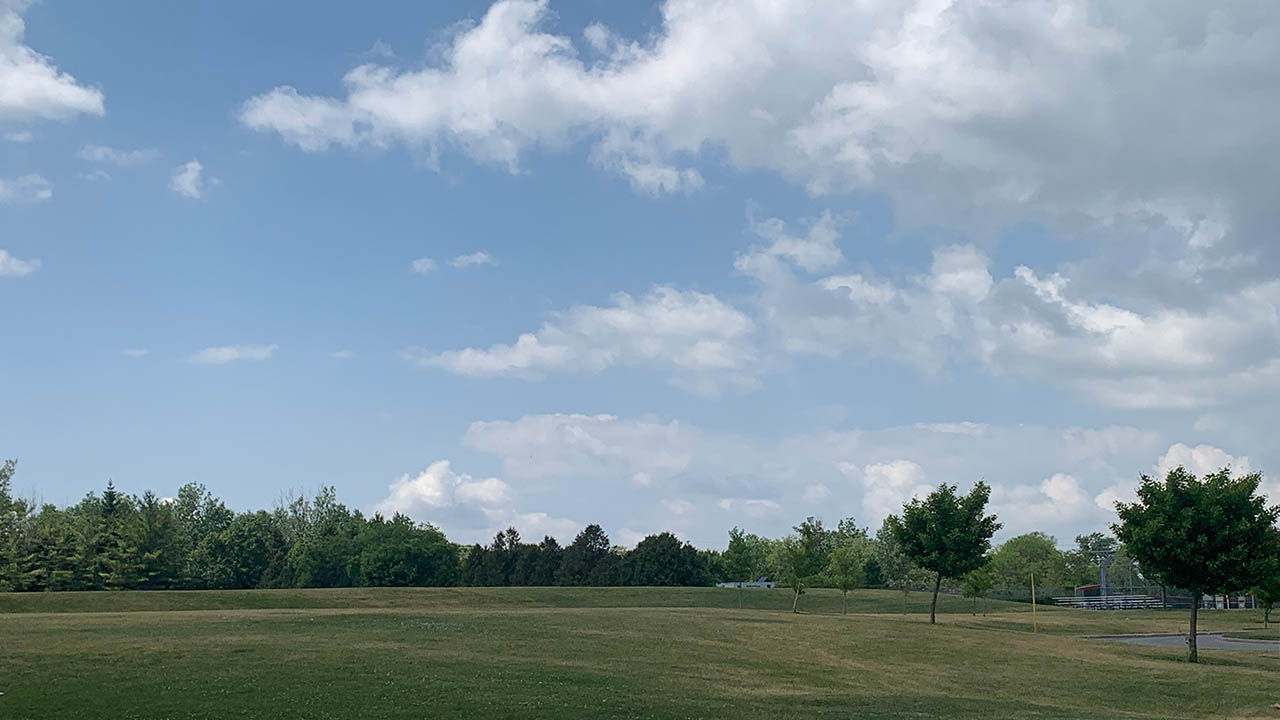How to protect yourself from poor air quality
 CREDIT: KONSTANTINOS DROSSOS
CREDIT: KONSTANTINOS DROSSOSThe concern for the quality of the air and its effects on people's health is still in question and many are wondering how they can protect themselves when outside and inside.
The enormous wildfires ravaging Quebec and northern Ontario forests have been an ongoing environmental issue for the past several weeks, causing issues for neighboring provinces, including Ontario. Many cities in central and northern Ontario have issued air quality warnings due to the pollution carried over by the ongoing fires.
Warning were also extended to cities outside the Greater Toronto Area (GTA) further southwest, like Kitchener and London. According to Air Quality Ontario, as of today, June 19, London and the surrounding area was listed at four on the Air Quality Health Index (AQHI), indicating moderate risk.
The concern for the quality of the air and its effects on people’s health is still in question and many are wondering how they can protect themselves when outside and inside. Rewand Latvenen, a full-time faculty member in the respiratory therapy program at Fanshawe College said that the health qualities that can be impacted include patients with respiratory problems.
“What we see is a lot of people will end up breathing in these pollutants and then that can cause things like shortness of breath. It can cause rapid breathing, which can end up impacting other organs like the heart. Patients that tend to be most affected are not just patients that have regulatory issues, but actually anybody who's immunocompromised,” Latvenen said.
These weather conditions are dangerous for those who have a history with serious lung conditions like asthma or chronic obstructive pulmonary disease (COPD) for example, where when these toxins are inhaled, it can aggravate and worsen their condition.
“Patients with COPD have their flare ups, they end up having a buildup of carbon dioxide levels in their body, so they can’t actually clear these CO2, and that's what ends up getting them into trouble,” Latvenen said.
When it comes to protecting yourself at home or outdoors, Latvenen recommended a list of things people can do, like making sure that your home’s ventilation filters are strong and suitable so that external air coming into the home is cleansed of any external toxins brought on from the increase in carbon monoxide.
“If you know that the air quality is low in the community or that there are wildfires, then you want to stay inside, keep your windows closed, but you also want to ensure that you have proper ventilation in your house.” said Latvenen.
Latvenen also said air purifiers with strong filters can also be useful to help filter out tiny microscopic toxins that may have gotten through for an extra means of security in your home.
“One that specifically has to have a HEPA filter in it, is a great idea, especially if people are immunocompromised or you have any respiratory problems to begin with,” Lavtenen said. “HEPA stands for high efficiency particulate air filter and this is something that's going to be able filter really small particle sizes that would be invisible to the human eye, like bacteria, viruses, any other harmful compound. So if you are going to buy an air purifier, you definitely want to make sure you have one with a strong filter.”

















